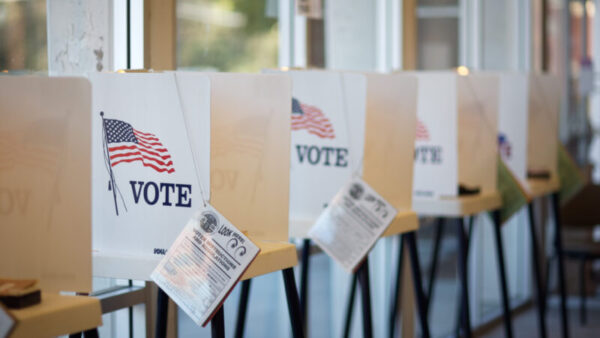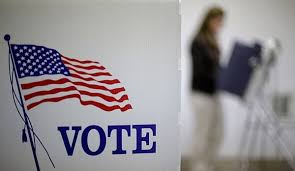U.S. Civil Rights Commission Report on Florida Election "Too Gentle" on Officials, ACLU Says
FOR IMMEDIATE RELEASE
MIAMI--The American Civil Liberties Union of Florida today responded to the release of the Executive Summary of the U.S. Commission on Civil Rights report on Florida's 2000 election, saying that the preliminary summary may fail to hold state officials adequately accountable for the terror-ridden election last November.
"It appears from the executive summary made public today that the commission may have been too gentle on state leaders," said Howard L. Simon, Executive Director of the ACLU of Florida.
"The report, according to recent news articles, doesn't take into account the fact that the purging process prior to last November's election involved racial and partisan efforts by the state to purge the rolls of politically unfriendly voters, many of whom were black and Hispanic."
According to news reports, the commission found that blacks were more likely than whites to have their ballots rejected and acknowledged that "injustice, ineptitude and inefficiency" plagued the election overall. However, it found no "conclusive evidence" that state officials intentionally disenfranchised thousands of blacks Hispanic and Haitian voters across the state.
But the ACLU said the state's purging process was part of an orchestrated project by state leaders to suppress opposition votes. For example, Elections Supervisor for Hillsborough County Pam Iorio has stated that while blacks represent about 15 percent of county wide voters, they made up approximately 54 percent of the voters on the purge list during last November's election.
"Whether the problems the commission has documented have been adequately addressed by the Legislature remains to be seen," said Courtenay Strickland, Coordinator of the ACLU of Florida's Equal Voting Rights Project, which was established shortly after the November election to address voting irregularities across the state.
As the commission correctly noted, the voting-reform package approved by the Florida legislature and signed by the governor fails to address accessibility issues involving language assistance and barriers affecting persons with disabilities. The 2000 Florida Legislature also failed to address the issue of mass ex-felon disenfranchisement.
Among the approved reforms is Secretary of State Katherine Harris' responsibility to formulate a plan to educate voters on how to use and operate the optical scanners that will slowly begin to replace the antiquated punch-card ballots in the more populous counties across the state. The state's plan for voter education has yet to been released.
"With much of the state transitioning to new voting technology, voter education will be crucial to avoid the high rate of spoiled ballots seen last November," said Strickland.
Aside from working to reform election practices, the Equal Voting Rights Project has addressed the issue of mass ex-felon disenfranchisement by filing a lawsuit against the Department of Corrections for failing to assist ex-offenders with the clemency application process prior to their release from supervision.
A special feature on the ACLU's efforts around the country to remedy voting rights violations is online at http://archive.aclu.org/features/f011201a.html.



